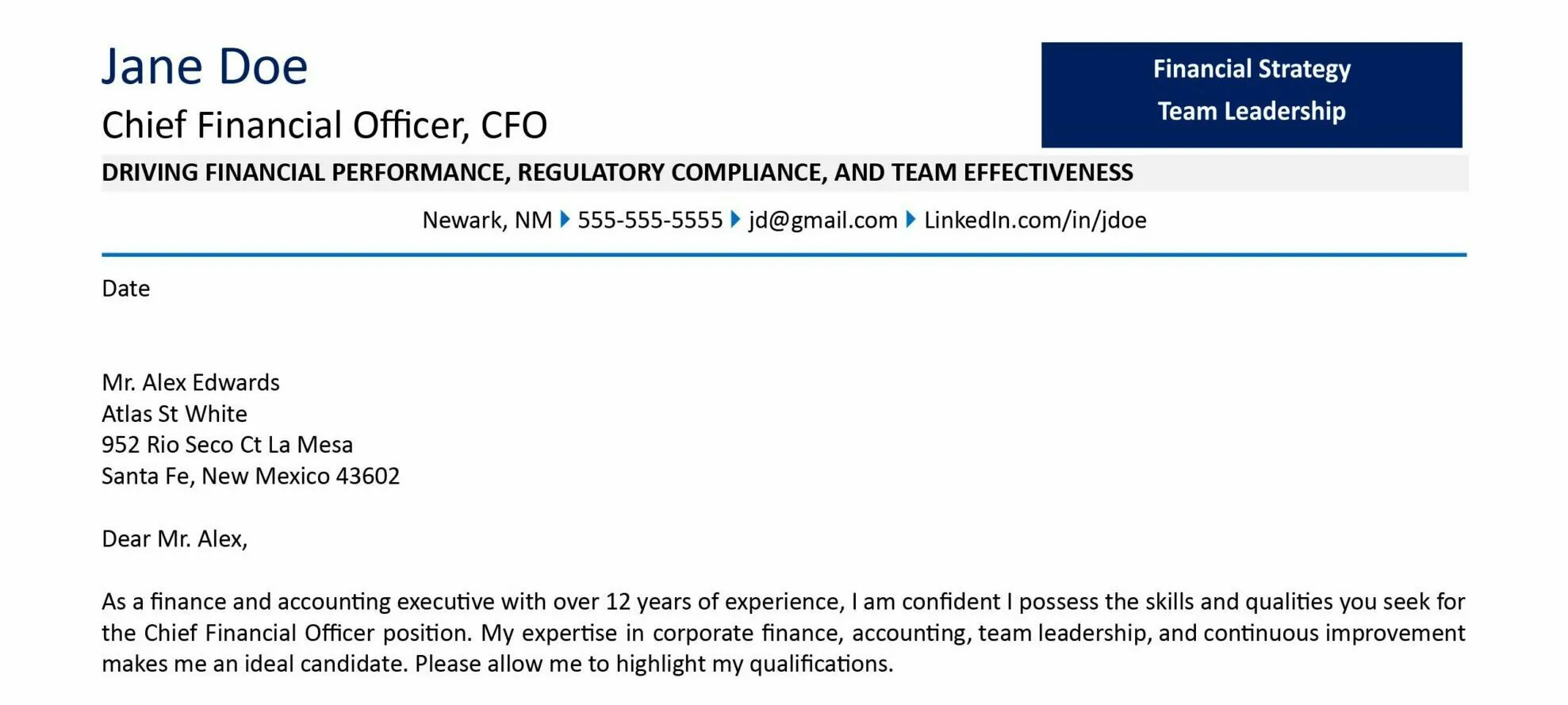Crafting a CFO Cover Letter that Stands Out
In the competitive landscape of executive job applications, a Chief Financial Officer (CFO) cover letter serves as your initial handshake with potential employers. It is your opportunity to make a lasting impression, showcasing not only your skills and experience but also your understanding of the company’s needs and your strategic vision for its financial future. Crafting a compelling CFO cover letter requires more than just listing your qualifications; it demands a strategic approach that aligns your profile with the specific requirements of the role and the organization.
Understanding the CFO Role and Requirements
Before you even begin to draft your cover letter, a thorough understanding of the CFO role is paramount. This involves more than just knowing the responsibilities; it means grasping the nuances of the position within different organizational structures and industries. CFOs are expected to be strategic thinkers, financial experts, and effective leaders who can guide financial planning, manage risk, and ensure compliance. Research the company you are applying to. Understand its business model, financial performance, and any recent developments that may shape your cover letter. This level of diligence will enable you to tailor your letter effectively, demonstrating your genuine interest and preparedness.
Highlighting Key CFO Skills and Experience
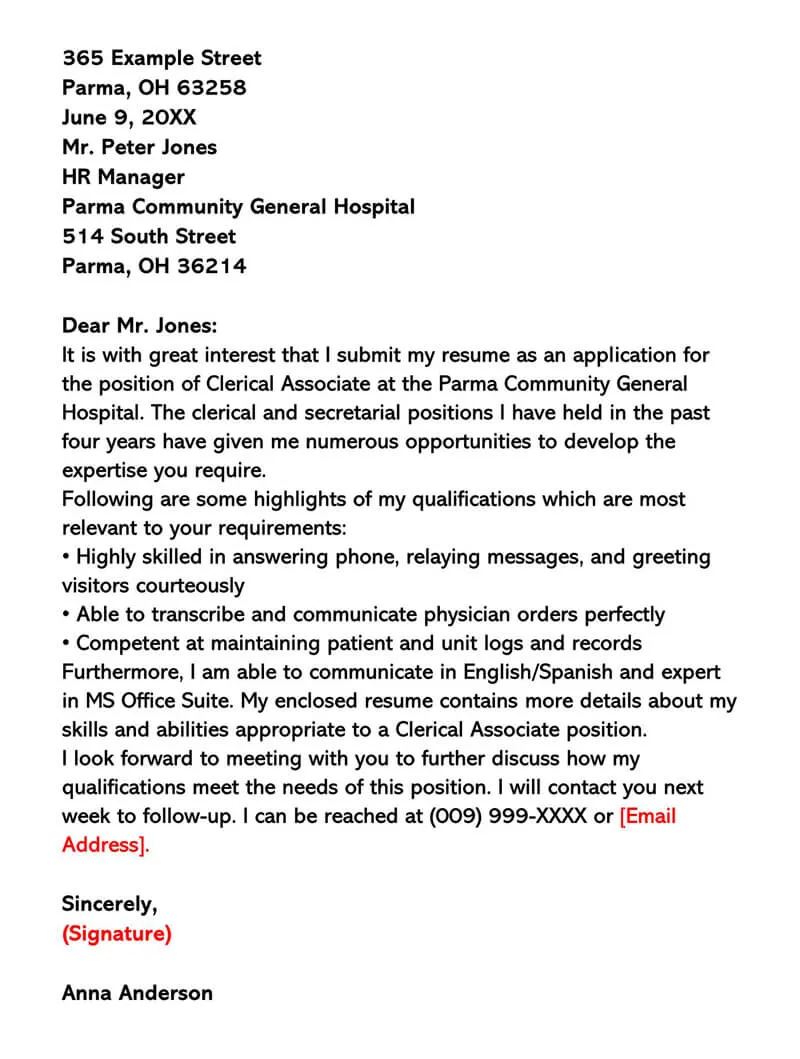
Your CFO cover letter should serve as a highlight reel of your most relevant skills and experiences. Start by creating a list of your key competencies, such as financial analysis, budgeting, risk management, and leadership. Then, go a step further. Quantify your achievements whenever possible. For example, instead of stating you improved financial processes, mention the percentage by which you reduced costs or the efficiency gains you achieved. By providing concrete examples and data, you demonstrate tangible value and make your claims more credible. Remember to align your highlighted skills with the requirements listed in the job description to demonstrate a clear understanding of what the employer seeks.
Financial Reporting and Analysis
Financial reporting and analysis is the backbone of a CFO’s responsibilities. Your cover letter must showcase your expertise in this area, emphasizing your ability to interpret financial statements, identify trends, and provide strategic insights. Highlight your experience in preparing and reviewing financial reports, ensuring accuracy, and compliance with accounting standards. Mention any specific analytical tools or methodologies you’ve used to improve decision-making or uncover opportunities for growth. Showing an understanding of key performance indicators (KPIs) and your ability to use them to drive business strategy is also crucial. The ability to translate complex financial data into clear, actionable recommendations sets a strong CFO apart.
Budgeting and Forecasting
A CFO’s role extends to the crucial areas of budgeting and forecasting. Demonstrate your proficiency in developing and managing budgets, as well as your ability to accurately forecast financial performance. Highlight your experience with various budgeting methodologies, such as zero-based budgeting or activity-based costing. Explain how you’ve used forecasts to guide strategic decisions, manage resources, and identify potential risks or opportunities. Mention specific forecasting models or software you’ve utilized. Your cover letter should reflect your ability to build realistic, data-driven financial plans that support the organization’s objectives. The capacity to adjust and refine budgets in response to changing market conditions is particularly valuable.
Risk Management and Compliance
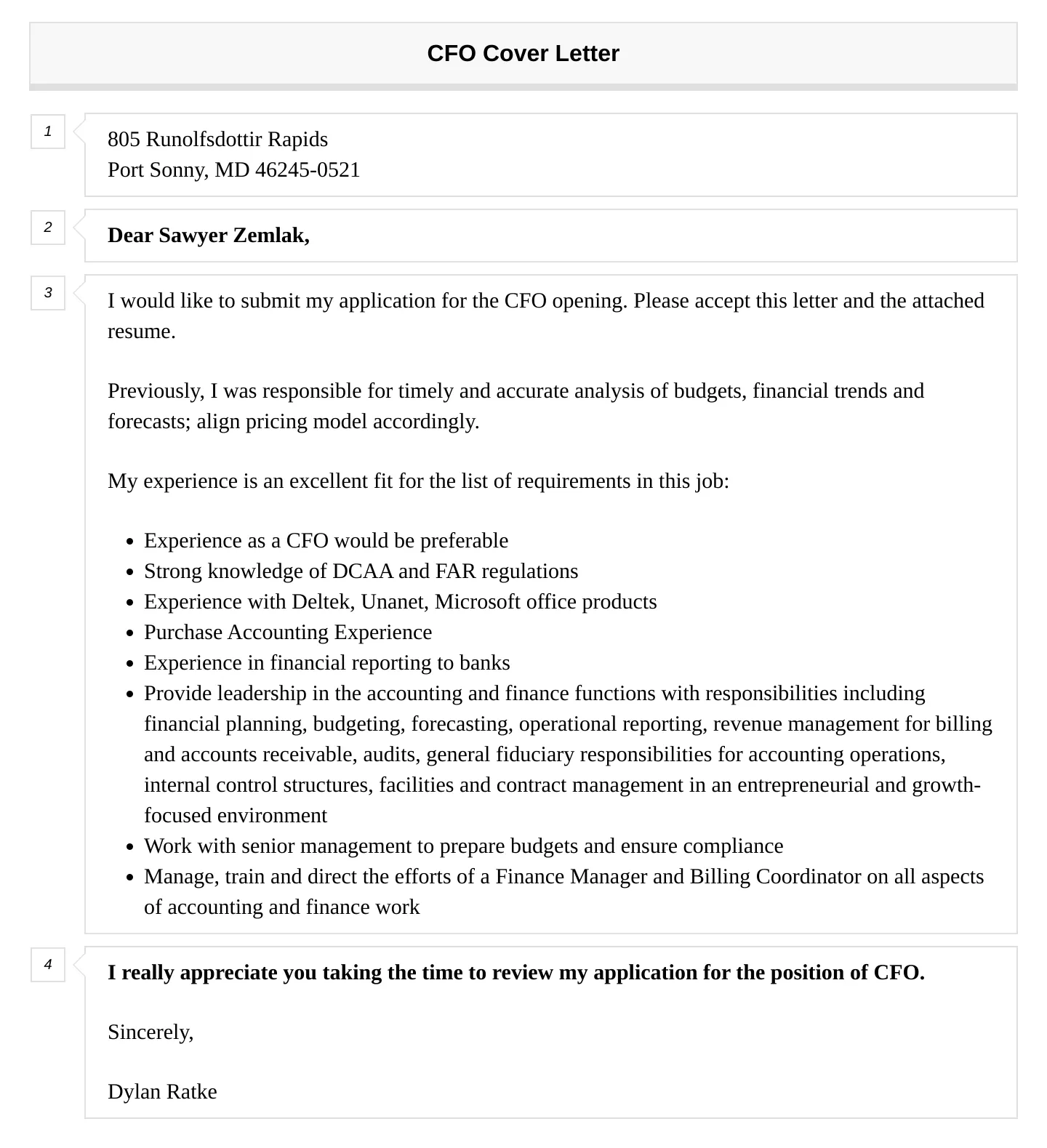
CFOs are also responsible for managing financial risk and ensuring compliance with regulations. In your cover letter, emphasize your experience in identifying, assessing, and mitigating financial risks. Showcase your understanding of internal controls and your ability to develop and implement risk management strategies. Highlight any certifications or training related to compliance, such as those related to Sarbanes-Oxley (SOX) or other relevant regulations. Mention your experience in working with auditors and ensuring that financial reporting meets all necessary standards. Demonstrating a proactive approach to risk management and compliance adds significant value to your candidacy.
Leadership and Team Management
The CFO position requires strong leadership and team management skills. Illustrate your ability to build, motivate, and lead high-performing finance teams. Mention your experience in mentoring and developing staff, as well as your ability to create a positive and collaborative work environment. Highlight your communication skills and your ability to effectively convey complex financial information to both financial and non-financial stakeholders. Showcase your experience in change management and your ability to navigate organizational challenges. Being able to inspire confidence and trust within the finance team and across the organization is essential for a CFO.
Tailoring Your Cover Letter for Impact
A generic cover letter is unlikely to impress. Each cover letter should be a custom piece, tailored specifically to the target company and role. This involves carefully reviewing the job description and identifying the key requirements and desired skills. Then, align your experiences and accomplishments with these specific needs. Research the company’s values, culture, and recent initiatives to demonstrate your interest and understanding. Use keywords from the job description throughout your letter to show that you meet their criteria. Personalize your letter by addressing it to the hiring manager by name and mentioning something specific about the company that resonates with you, showing that you’ve invested time in understanding their business.
Structuring Your Cover Letter Effectively
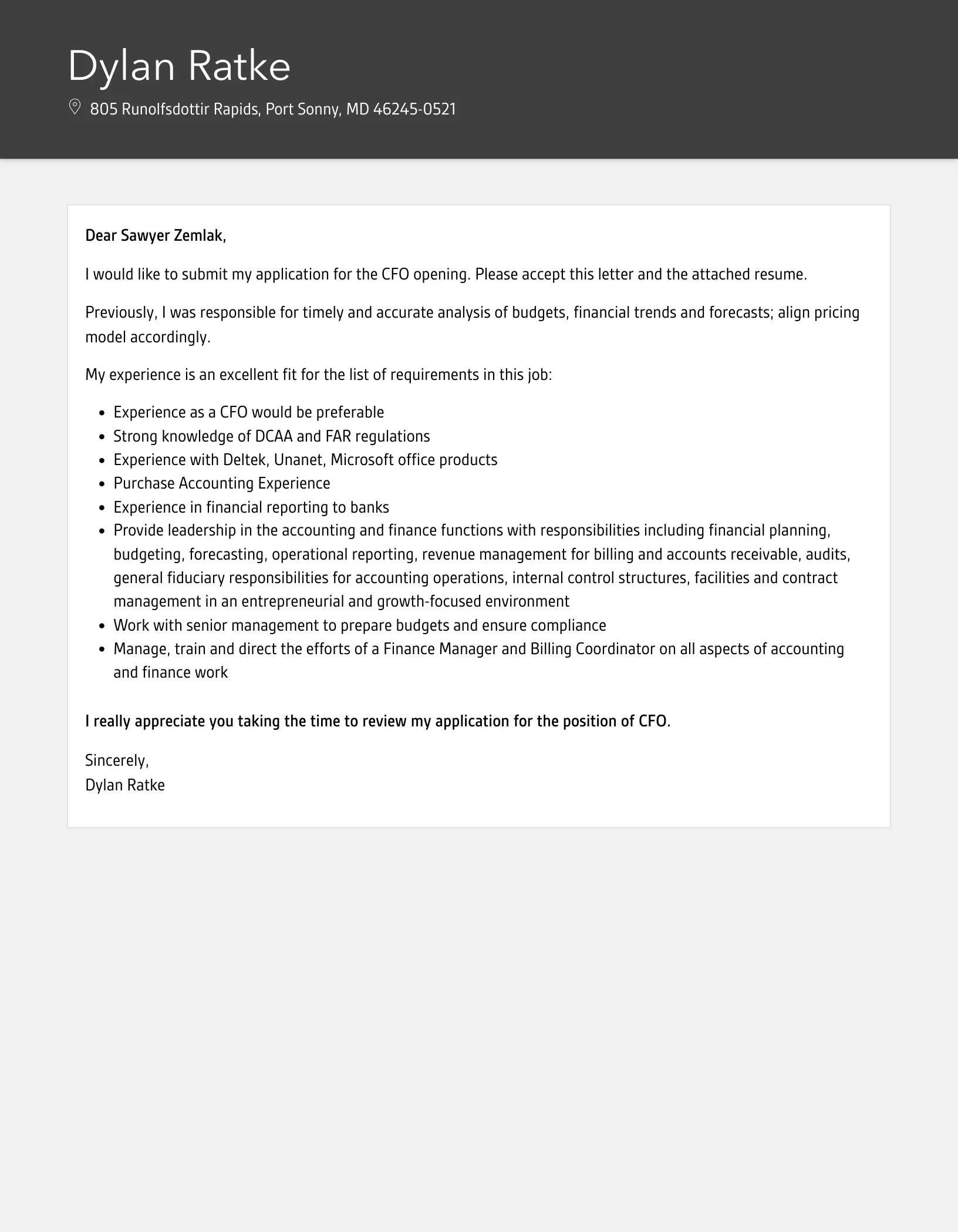
The structure of your CFO cover letter is as important as its content. A well-structured letter is easy to read and allows the hiring manager to quickly grasp your qualifications. The typical structure includes an introduction, body paragraphs, and a conclusion. The introduction should immediately grab the reader’s attention, stating the position you are applying for and briefly explaining why you are a strong candidate. The body paragraphs should delve into your key skills and experiences, providing concrete examples and quantifiable results. In your conclusion, reiterate your interest in the role, summarize your qualifications, and include a call to action, such as requesting an interview.
Writing a Compelling Opening
The opening of your CFO cover letter is critical as it sets the tone and captures the hiring manager’s attention. Avoid generic openings, like “I am writing to apply for the CFO position.” Instead, create a more engaging introduction that highlights your key strengths and your understanding of the company. Consider starting with a strong statement that reflects your value proposition, such as, “With a proven track record of driving financial growth and optimizing operational efficiency, I am confident that I can significantly contribute to [Company Name]’s success as your next CFO.” Or, mention a specific achievement or skill that aligns with the company’s needs, which you can tailor based on your research. The goal is to pique the interest of the reader from the first sentence.
Showcasing Your Achievements
The body of your cover letter is where you showcase your achievements. Focus on providing concrete examples of your accomplishments in previous roles, using the STAR method (Situation, Task, Action, Result) to structure your responses. Describe the specific situation you faced, the task you were assigned, the actions you took, and the positive results you achieved. For instance, you might explain how you streamlined financial reporting processes, resulting in a 20% reduction in report generation time, or how you successfully navigated a challenging financial restructuring. Use numbers and data to demonstrate the impact of your work. This helps hiring managers quickly understand the value you can bring to their company. The most effective cover letters provide evidence of a history of delivering positive outcomes.
Emphasizing Your Value Proposition
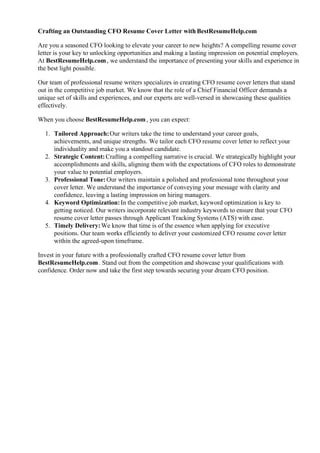
In addition to highlighting your skills and achievements, your cover letter should clearly articulate your value proposition. What can you offer that sets you apart from other candidates? Explain how your unique combination of skills, experience, and vision can contribute to the company’s success. Demonstrate your understanding of the company’s goals and how you can help them achieve those objectives. Mention how you plan to solve any challenges that the company may be facing. Show that you are not just a qualified CFO but a strategic partner who can drive financial growth and stability. By clearly defining your value proposition, you provide a compelling reason for the hiring manager to consider you a top candidate.
Closing with Confidence and a Call to Action
The closing of your CFO cover letter should be strong and memorable. Restate your interest in the role and briefly summarize your key qualifications, but avoid simply repeating what you have already said. Instead, emphasize what you are most excited about the prospect of contributing to the company. End with a confident call to action, such as requesting an interview or offering to provide additional information. Ensure your closing paragraph reinforces your enthusiasm and leaves the hiring manager with a clear understanding of the next steps you would like to take. Proofread everything carefully before submitting.
Proofreading and Formatting Your Cover Letter
Before submitting your cover letter, it is essential to proofread it thoroughly. Errors in grammar, spelling, or punctuation can create a negative impression and undermine your credibility. Use a spell checker and grammar checker, but also read the letter carefully yourself, preferably aloud. Ensure the formatting is professional and consistent throughout the document. Use a clear and easy-to-read font, such as Arial or Times New Roman. Maintain consistent spacing and margins. Keep the letter concise, ideally within one page. Ensure that your contact information is up to date and clearly displayed. Consider having someone else proofread your letter for a fresh perspective.
Common Mistakes to Avoid in a CFO Cover Letter
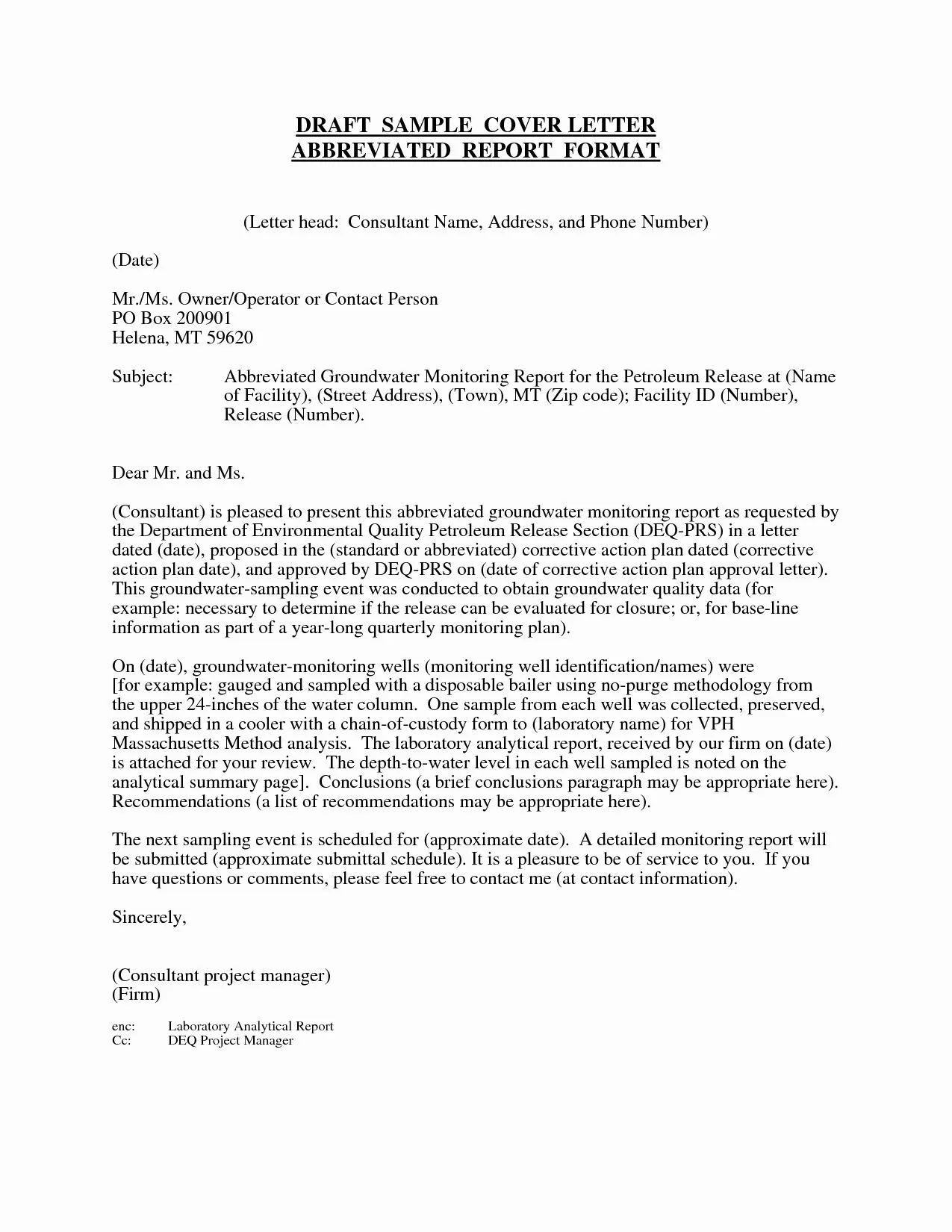
Several common mistakes can prevent your CFO cover letter from making a positive impact. Avoid generic language and clichés, as these make your letter sound impersonal. Don’t simply restate your resume; the cover letter should provide additional context and showcase your personality. Avoid focusing solely on your responsibilities; emphasize your achievements and results. Don’t include irrelevant information or details that don’t align with the job requirements. Avoid making any negative statements about past employers or colleagues. Finally, failing to proofread your letter for errors is a significant oversight. These mistakes can undermine your credibility and reduce your chances of getting an interview. Take your time and put in the necessary effort for a successful application.
Examples of Strong Cover Letter Phrases
To help you craft a compelling cover letter, here are some examples of strong phrases you can use. Instead of saying, “I have experience with financial reporting,” try, “Successfully prepared and presented accurate financial reports, resulting in improved stakeholder confidence.” Instead of saying, “I am a good leader,” try, “Proven ability to build and motivate high-performing finance teams, resulting in increased productivity and reduced turnover.” Instead of, “I am familiar with budgeting,” try, “Developed and managed budgets that consistently met or exceeded financial targets.” Remember to tailor these phrases to fit your specific experience and the requirements of the job. Use this as inspiration, but always ensure your cover letter reflects your unique professional background.
Resources and Further Reading
Several resources can help you further enhance your CFO cover letter. Explore online articles, guides, and templates specifically designed for CFO applications. Seek advice from career counselors or professional resume writers who specialize in finance. Review sample CFO cover letters to gain inspiration, but avoid simply copying them. Analyze the language, structure, and content. Consider taking courses or workshops on cover letter writing or executive job applications. By investing time in research and preparation, you can create a cover letter that effectively highlights your qualifications and increases your chances of securing an interview. Your cover letter is an investment in your future. Use resources to ensure that investment pays dividends.
